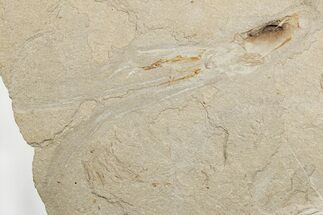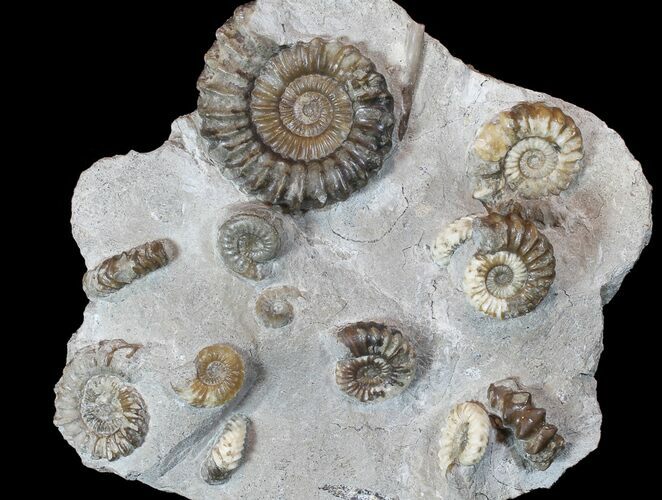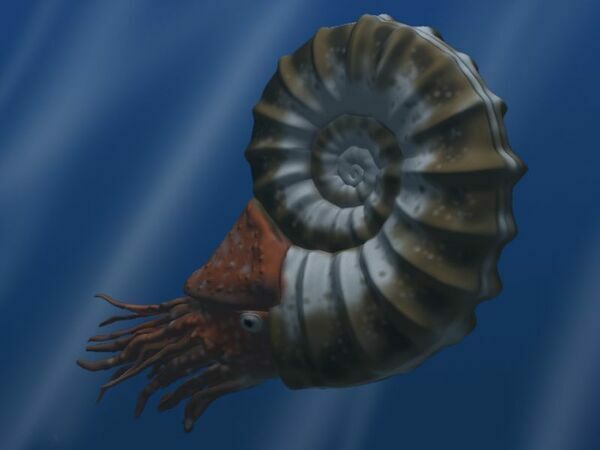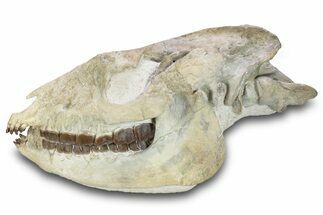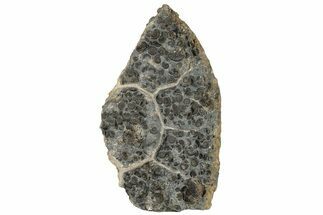This Specimen has been sold.
Gorgeous Androgynoceras Ammonite Cluster (13) - Germany
This is an aesthetic cluster featuring a total of 13 ammonites in a natural association, along with several partial belemnites and impressions of more ammonites. The majority of the ammonites are of the Androgynoceras genus. There is one nicely-repaired crack running through the rock, but no other repairs or restoration that we can see. It makes a beautiful presentation on the included acrylic display stand.
About Ammonites
Ammonites were ancient marine cephalopods, similar to today's squids and octopuses, but with a defining feature: their distinctive, tightly coiled spiral shells. These shells, resembling those of modern nautiluses, served as both a protective home and a buoyancy aid, allowing ammonites to navigate the prehistoric seas with ease. First emerging around 240 million years ago in the Triassic Period, ammonites thrived for over 175 million years, adapting through numerous forms and sizes. As predatory creatures, they likely fed on smaller marine organisms, using their tentacles to capture prey. However, their long reign came to an end 65 million years ago at the close of the Cretaceous, coinciding with the mass extinction event that also eliminated the dinosaurs.
Ammonites were ancient marine cephalopods, similar to today's squids and octopuses, but with a defining feature: their distinctive, tightly coiled spiral shells. These shells, resembling those of modern nautiluses, served as both a protective home and a buoyancy aid, allowing ammonites to navigate the prehistoric seas with ease. First emerging around 240 million years ago in the Triassic Period, ammonites thrived for over 175 million years, adapting through numerous forms and sizes. As predatory creatures, they likely fed on smaller marine organisms, using their tentacles to capture prey. However, their long reign came to an end 65 million years ago at the close of the Cretaceous, coinciding with the mass extinction event that also eliminated the dinosaurs.
SPECIES
Androgynoceras sp.
AGE
LOCATION
Niedersachsen, Germany
SIZE
Largest ammonite 2.3"
CATEGORY
SUB CATEGORY
ITEM
#77958
We guarantee the authenticity of all of our specimens.
 Reviews
Reviews



